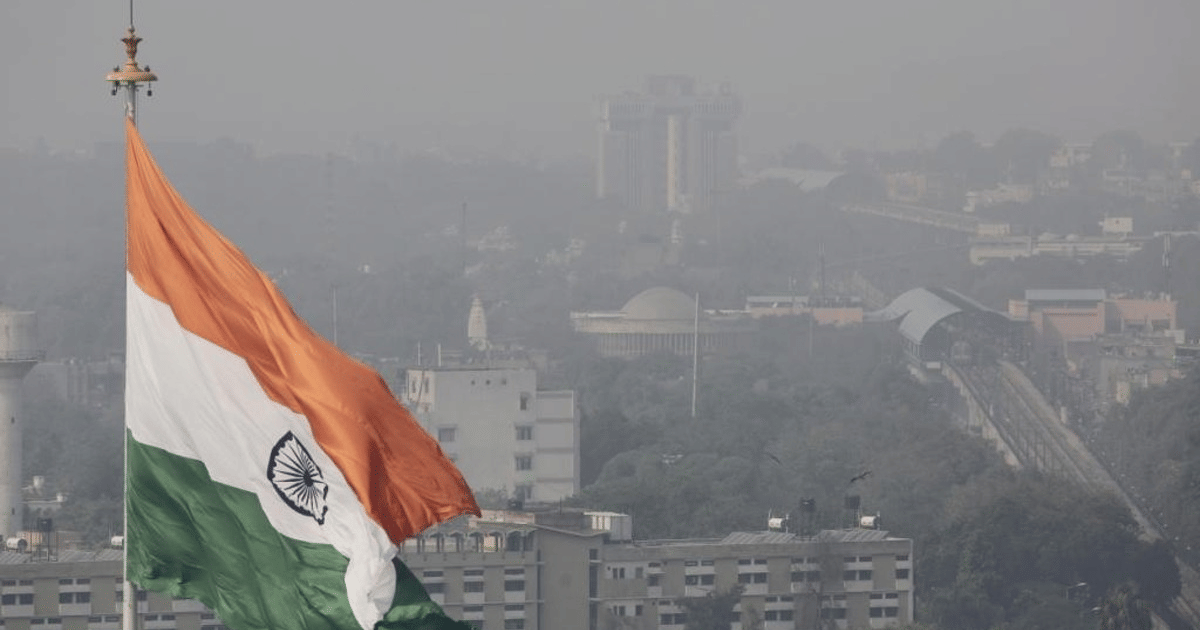 |
|
The Supreme Court of India has expressed its dissatisfaction with the Delhi Police and the AAP government's inadequate enforcement of the firecracker ban during the Diwali festival. The court emphasized that the ongoing air pollution crisis in Delhi, exacerbated by the bursting of firecrackers, directly impacts the fundamental right to health of the citizens. The court's pronouncements underscore the pressing need for effective measures to curb air pollution and protect public health.
The court's criticism of the Delhi Police stems from the widespread reports of blatant disregard for the firecracker ban. Despite the ban being in place for several years, it has had limited impact, with firecrackers being openly sold and burst across the city. The court's sharp questioning of the police's enforcement efforts highlights the ineffectiveness of the ban and the need for stricter measures to ensure its implementation. The court also highlighted the delay in the announcement of the ban by the Delhi government, which potentially allowed individuals to stockpile firecrackers before the ban came into effect.
The Supreme Court's directive to the Delhi Police to establish a special cell dedicated to enforcing the ban and hold Station House Officers accountable for its implementation demonstrates the court's commitment to addressing this critical issue. The court's insistence on accountability from the police and the Delhi government underlines the need for a comprehensive and effective strategy to enforce the firecracker ban. The court's order also emphasizes the importance of proactive measures, including informing firecracker manufacturers and retailers about the ban and addressing online sales. This proactive approach aims to prevent the sale and use of firecrackers, thereby mitigating the adverse impact on air quality and public health.
